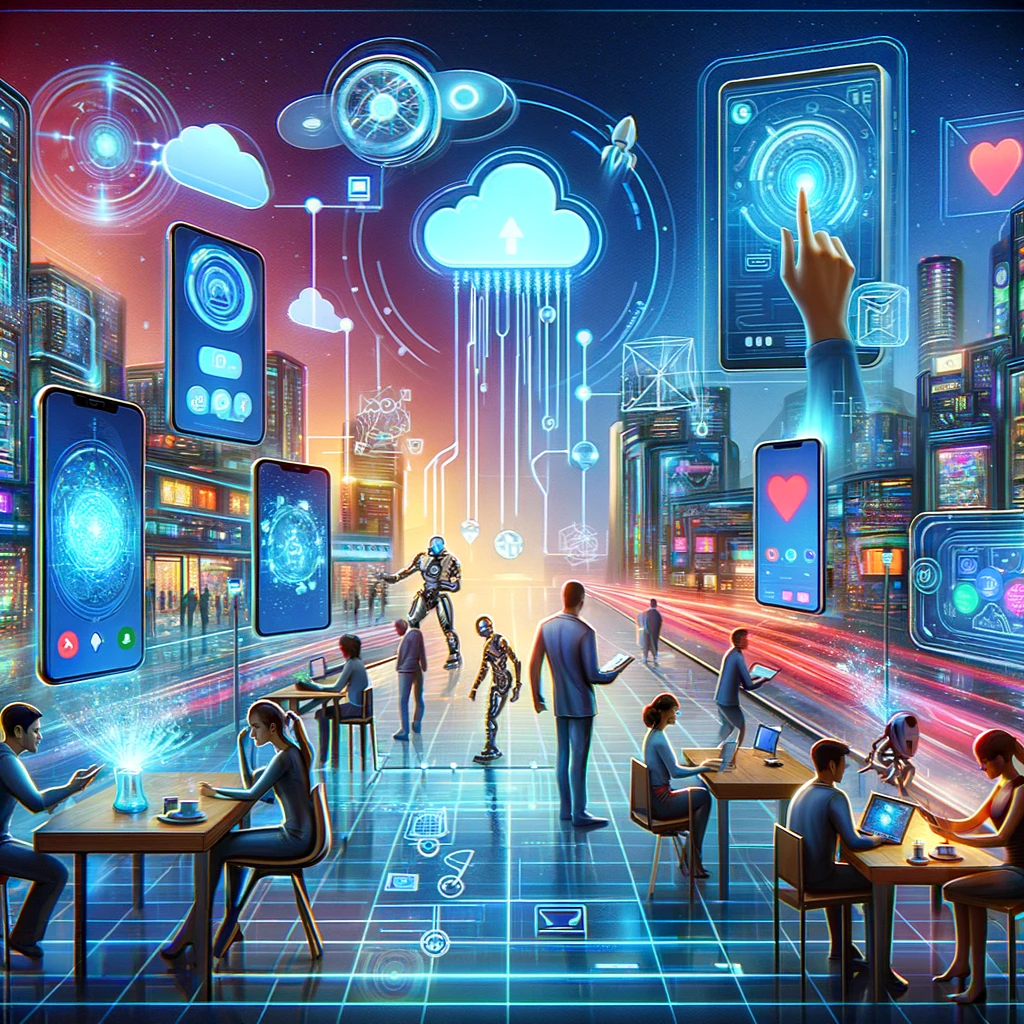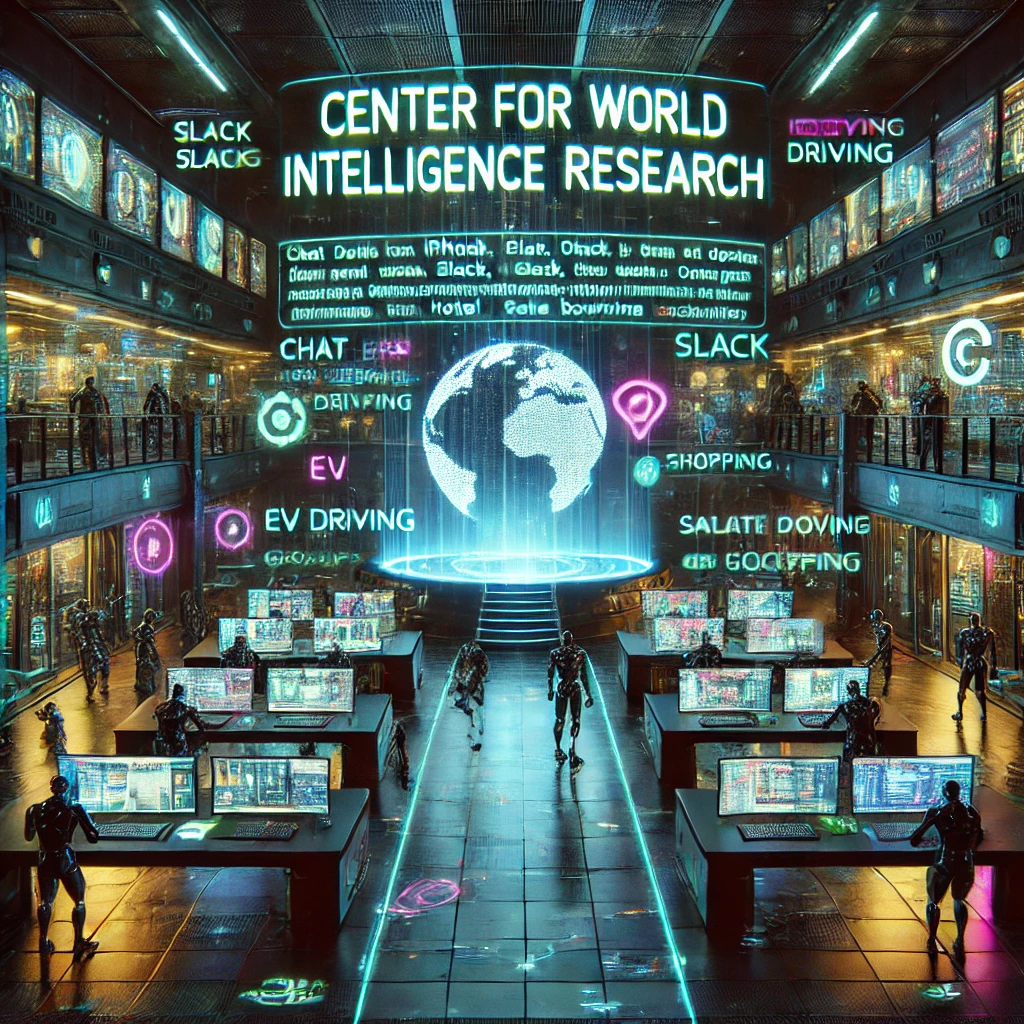Technology has seamlessly integrated into every facet of our daily lives, transforming how we communicate, work, and make decisions. This integration includes everything from mobile phones and cloud storage to artificial intelligence (AI) and mobile applications. These innovations are not just reshaping our personal lives; they are also revolutionizing business operations, teamwork, and project execution.
In this digital era, it’s crucial for employees to embrace and master new technologies. This is not just to align with company growth but to ensure survival in the fiercely competitive business landscape. Companies that lag in adopting the latest technological trends risk falling behind and potentially facing failure.

The launch of ChatGPT in just a couple of weeks before Americans heading for Christmas 2022 vacations, marked a significant milestone in the era of artificial intelligence, sparking widespread discussion in offices, conferences, and online forums about its potential. Since then, the interest in AI has surged, with a notable increase in the registration of AI-related domain names.
Recognizing the importance of AI, companies are now prioritizing the education of their employees on AI-driven strategies to enhance productivity, reduce workload, and quickly acquire new knowledge. Many are even investing in ChatGPT subscriptions to support their employees’ day-to-day tasks and professional development.
Developing a workforce that is proficient in digital technologies is fundamental to building a company’s strength. This involves not just understanding how to use these tools for basic tasks but also applying them in more strategic ways, such as information gathering, secure communication, content creation for marketing, and problem-solving in business operations.
As we move into 2024, the message to companies is clear: embrace AI or face obsolescence. This message underscores the critical role of digital transformation in both starting new ventures and sustaining established businesses.

The concepts of digital cultural capital and digital culture capital, coined alongside the registration of both digitalculturalcapital.com and digitalculturecapital.com domain names on March 23, 2021, highlight the importance of technological fluency among employees. This includes a workforce driven by AI and possessing a deep understanding of how to leverage technology in everyday work and communication.
In summary, companies with substantial digital cultural capital are positioned not just to survive but to thrive and outcompete in today’s aggressive business environment. It is imperative for businesses to invest in supporting their workforce’s digital education to meet strategic objectives. Employees, in turn, must develop their digital competencies to make informed decisions, communicate effectively, create impactful content quickly, and solve problems efficiently. This symbiotic relationship between company investment in technology and employee skill development is the cornerstone of success in the modern digital landscape.



